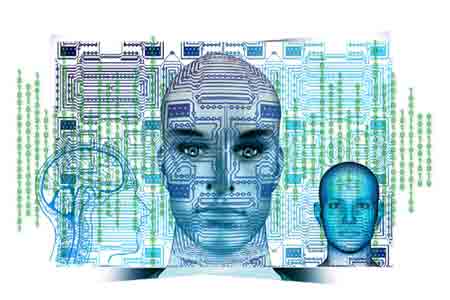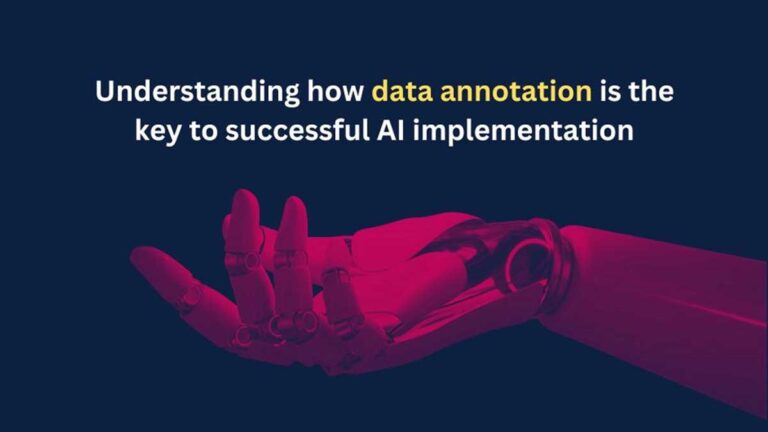30 Benefits of Artificial Intelligence in Education
Artificial Intelligence in Education Sector
The incorporation of Artificial Intelligence (AI) in education has sparked significant interest as it rapidly transforms the learning landscape. The integration of AI into their learning process brings about a notable shift with tremendous potential. Schools nationwide are already leveraging AI technologies, highlighting the importance of understanding how AI can benefit your child. Artificial Intelligence (AI) has the potential to greatly impact and enhance studying practices.

Here are some ways AI is being used in studies:
Intelligent Study Assistants: AI-powered study assistants can provide personalized study plans, schedules, and reminders based on individual learning goals and preferences.
Smart Content Recommendations: AI algorithms analyze a student’s study patterns, interests, and performance to suggest relevant and targeted study materials. It includes textbooks, articles, videos, and online resources.
Virtual Study Groups: AI promotes the creation of virtual study groups by matching students with similar learning objectives, It allows them to collaborate, share notes, discuss topics, and support each other’s studies remotely.
Adaptive Learning Platforms: AI-driven adaptive learning platforms assess students’ knowledge gaps. It adapts the content and learning activities accordingly, providing customized learning paths for efficient and effective studying.
Benefits of Artificial Intelligence in Education
Artificial Intelligence (AI) in education offers numerous benefits and transformative opportunities. Here are some key advantages:
Personalized Learning: AI enables personalized learning experiences tailored to individual student needs.
Adaptive Assessments: AI can provide real-time assessments and adaptive feedback to enhance learning outcomes.
Intelligent Tutoring: AI-powered tutors can offer customized guidance and support to students.
Automated Grading: AI streamlines the grading process, saving time for educators.
Enhanced Administrative Tasks: AI can automate administrative tasks, allowing educators to focus on teaching.
Data-Driven Insights: AI analyzes large volumes of educational data, offering valuable insights for educators.
Early Intervention: AI identifies at-risk students early, enabling timely interventions.
Virtual Classrooms: AI facilitates virtual classrooms, connecting students and educators globally.
Multilingual Support: AI provides translation services, breaking language barriers in education.
Accessibility: AI technologies make education accessible to students with disabilities.
Intelligent Content Creation: AI generates educational content, diversifying learning resources.
Natural Language Processing: AI understands and responds to students’ queries, promoting interactive learning.
Efficient Resource Allocation: AI optimizes resource allocation, ensuring efficient utilization of educational materials.
Continuous Learning: AI supports lifelong learning, empowering individuals beyond traditional classrooms.
Collaboration and Communication: AI tools facilitate collaboration and communication among students and educators.
Scheduling and Time Management: AI assists in scheduling classes and managing time effectively.
Virtual Reality and Augmented Reality: AI integrates VR and AR technologies, providing immersive learning experiences.
Cognitive Skills Development: AI platforms enhance critical thinking, problem-solving, and analytical skills.
Identifying Learning Gaps: AI identifies learning gaps and recommends targeted interventions.
Predictive Analytics: AI predicts student performance, enabling proactive measures for academic success.
Teacher Professional Development: AI offers personalized professional development opportunities for educators.
Ethical Decision-Making: AI promotes ethical decision-making through discussions on moral dilemmas.
Real-time Feedback: AI delivers instant feedback, enabling a continuous learning loop.
Adaptive Content Delivery: AI adjusts the speed and complexity of content delivery based on student progress.
Cost-Effectiveness: AI reduces costs associated with educational resources and infrastructure.
Resource Recommendations: AI suggests relevant learning resources, catering to individual student interests.
Identifying Learning Styles: AI identifies students’ preferred learning styles, optimizing instructional strategies.
Academic Integrity: AI detects plagiarism and academic misconduct, maintaining the integrity of assessments.
Improved Student Engagement: AI uses gamification techniques, enriching student motivation and engagement.
Future-Ready Skills: AI provides students with the skills needed for the future job market.
Conclusion
The integration of AI in education opens up a world of possibilities, empowering professors and students alike. With its personalized approach, efficient workflows, and data-driven insights. AI has the potential to revolutionize the way we learn and teach, making education more affordable, interesting, and useful.





